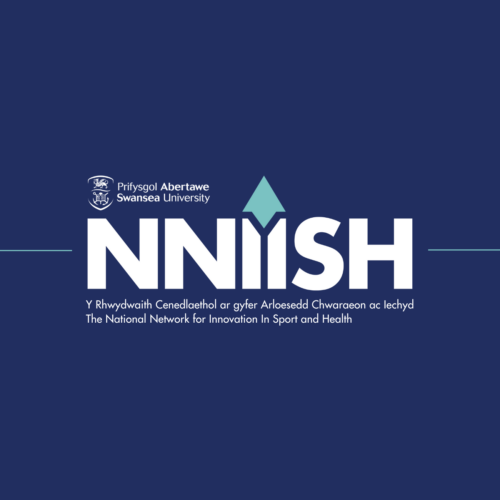So, has Paris 2024 jumped on a bandwagon that looked like it had already departed?
In recent days, the outgoing Olympic and Paralympic organizers have issued NFT ‘pins’ of their mascots, The (or should that be ‘Les’?) Phryges. These collectibles can be purchased with points accrued in fans’ online accounts.
Is this step a very savvy, early move in the NFT renaissance, or one of those decisions based on a careworn marketing strategy of ‘we planned this ages ago so we are definitely doing it’?
There’s no denying that the NFT market had a lot of value – and promise – at one point. It went from a market value of $95 million in 2020 to $25 billion in 2021. The hype created by headline sales, such as Beeple’s “Everydays: The First 5000 Days” ($69.3 million), meant that we had a new gold rush on our hands. Alongside this were the burgeoning crypto wallets of the masses, many of whom were young people who, lacking space for ‘stuff’ in the real world, furnished their digital universes with the aspirational trappings of digital wealth.
As quickly as they hit the zeitgeist, NFTs tanked. Brands saturated the market, people started to see the spending on NFTs as speculation rather than investment, and, most powerfully, NFTs largely lacked a value proposition. Without real world utility, their gimmicky nature caused the market to cool off.
The crash of crypto also played its part. Large numbers of NFTs were minted on Ethereum’s blockchain which was fraught with issues, not least of all scalability, leading to slow transactions and high costs. The negative impact this had, made it hard for other entrants in the market to convert unimpressed buyers.
Sadly, the negativity didn’t stop there. Some people simply didn’t grasp the concept, then those that did were alienated as the narrative around NFTs became associated with scams, speculation, regulation, sustainability and cost. But is the NFT dead? Well, there’s the NFT conference happening in Paris next February, which would suggest not.
Should Paris 2024 have gone down this road? For my money, absolutely. NFTs are still a very interesting proposition, although the PR in me would advocate a name change.
Should they have gone down this road in this way? And what are the next steps? In a market that is looking for utility, community, and long-term sustainability, simply issuing a digital thing does seem a bit old school.




No comment yet, add your voice below!